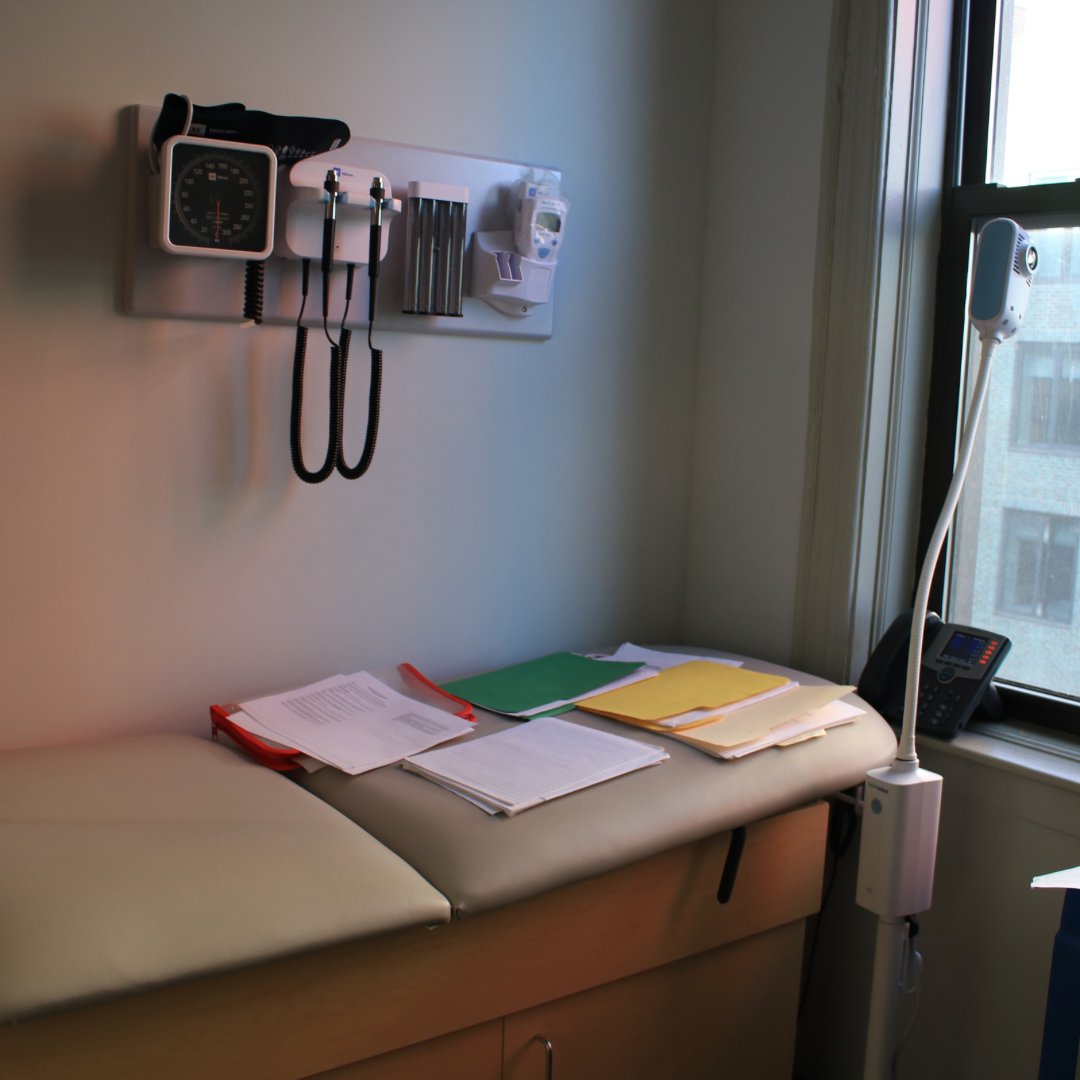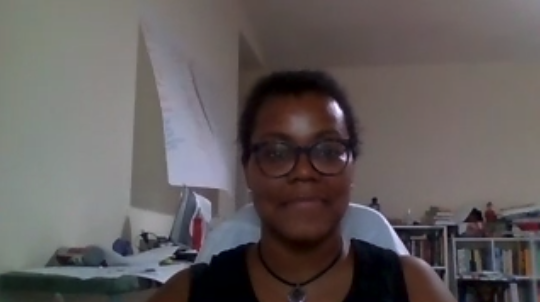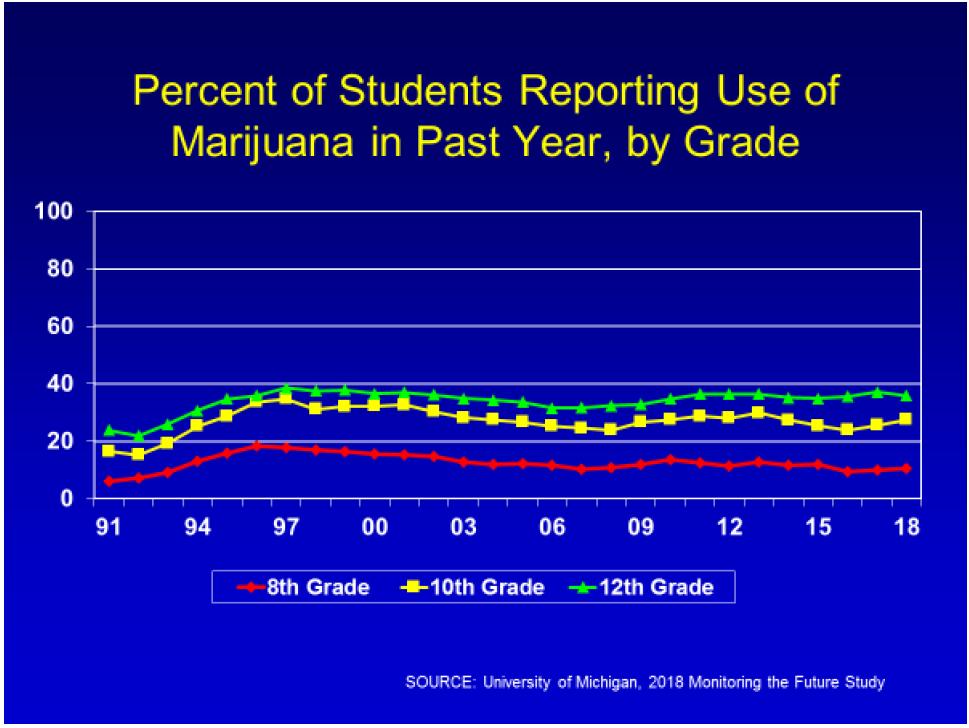
The nation’s leading org promoting drug policies grounded in evidence, health, equity, & human rights. #NoMoreDrugWar 501c4: @drugpolicyact
How to get URL link on X (Twitter) App


 Measure 110 had major successes but was scapegoated by corporate interests & drug war defenders. It provided over $300M for health services and increased the number of people entering voluntary treatment by 205%.
Measure 110 had major successes but was scapegoated by corporate interests & drug war defenders. It provided over $300M for health services and increased the number of people entering voluntary treatment by 205%.
 Nixon Declares the Drug War in 1971.
Nixon Declares the Drug War in 1971.
 We toured the room, a clean and welcoming space where people can use while being monitored for signs of overdose, get their drugs tested, and access whatever sterile equipment they need.
We toured the room, a clean and welcoming space where people can use while being monitored for signs of overdose, get their drugs tested, and access whatever sterile equipment they need. 
https://twitter.com/DrugPolicyOrg/status/1432845332665229315Criminalization makes the drug supply less safe, resulting in an unregulated drug market with unknown, adulterated substances that put people at greater risk of overdose.


 The drug war breaks up families and removes children from their homes. Mandatory reporting is NOT a reflection of whether someone is a good parent. It increases distrust between patients and their doctors and leads to family separation. #UprootTheDrugWar
The drug war breaks up families and removes children from their homes. Mandatory reporting is NOT a reflection of whether someone is a good parent. It increases distrust between patients and their doctors and leads to family separation. #UprootTheDrugWar 

https://twitter.com/DrugPolicyOrg/status/1271098791152816128Kima Taylor of @urbaninstitute shares her issue with how treatment is framed as solving a problem & how that ignores the history of racism and other forms of oppression. #DPACOVIDSeries


